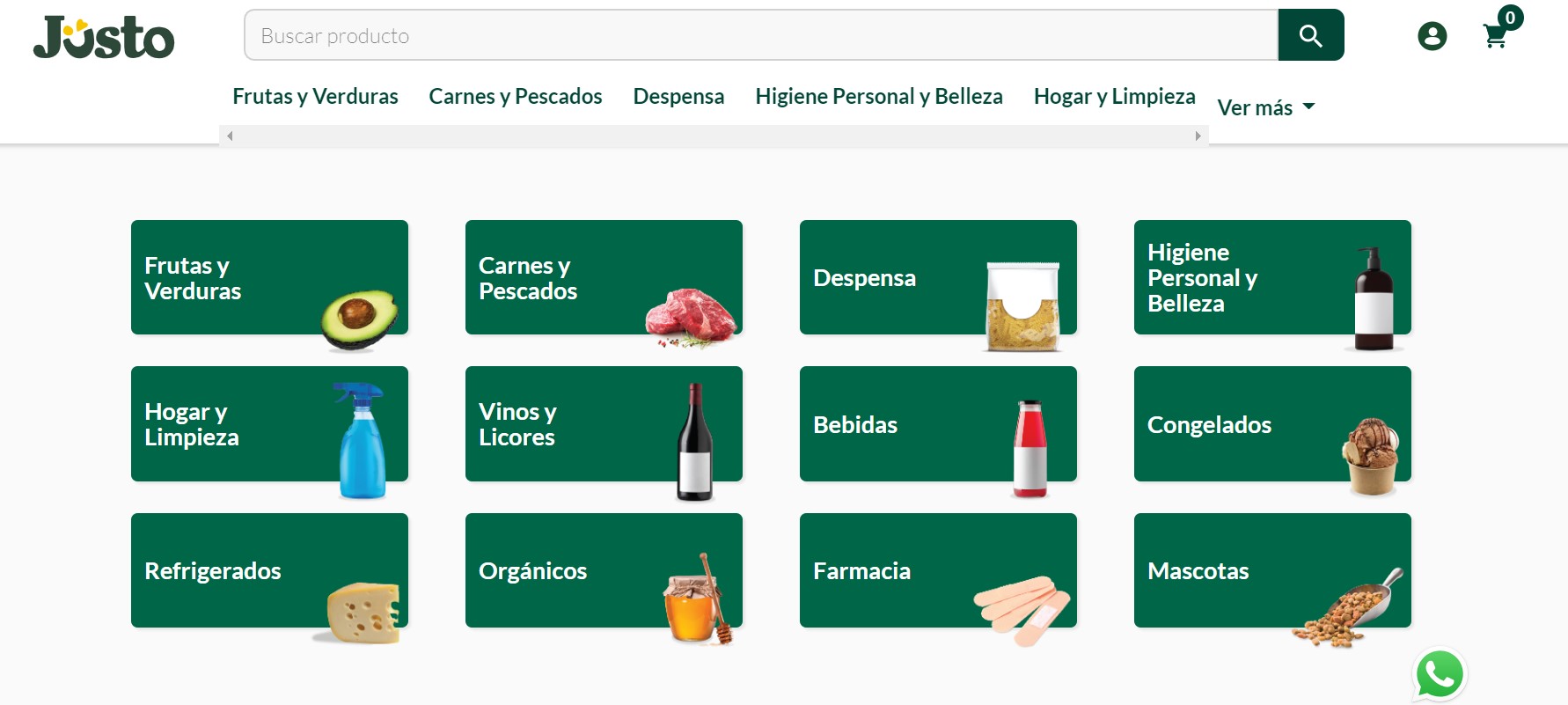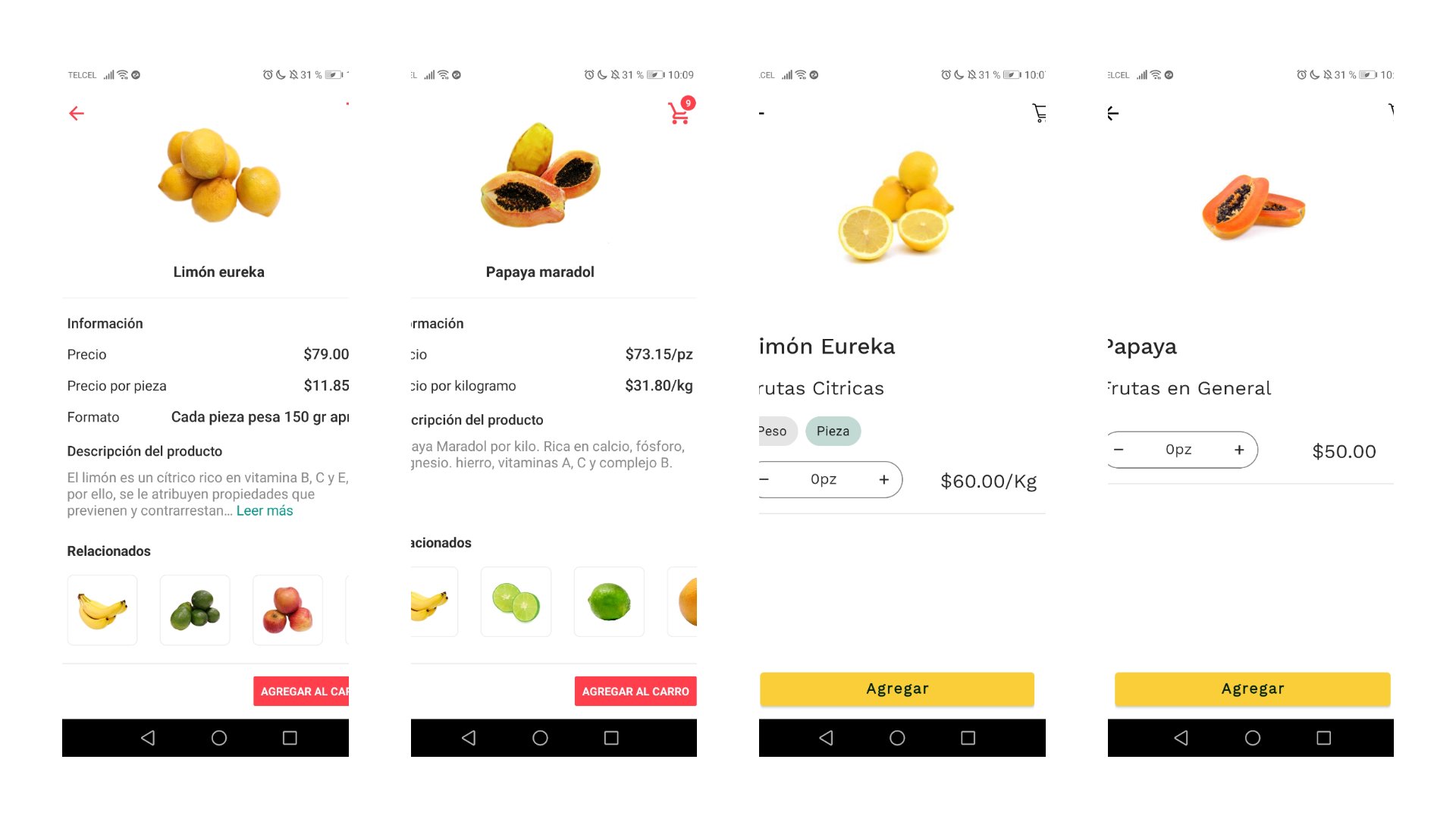A premium choice for Mexican consumers, the first online grocery store with its own inventory.
The Mexican demographic dividend is just around the corner. With a population of more than 127 million, Mexico has become the second largest market in Latin America after Brazil. According to the United Nations Economic Commission for Latin America and the Caribbean, by 2050, Mexico ’s labor force aged 15-59 will maintain a strong growth rate of 136%, while Brazil ’s labor force will shrink by 2%.
Consumer population of a certain size is exactly the experimental field of Mexico’s 2C startups. Among them, one of the common patterns under the “new retail” wave-online grocery is taking root in Mexico. According to Euromonitor International, groceries account for about 23% of total Mexican consumer spending, which is one of the larger consumption categories. In addition, the C-end consumer distribution of groceries is relatively concentrated, and front-end distribution saves a lot of effort. 79.8% of Mexicans live in cities or cities with populations greater than 100,000.
Jüsto, founded in May 2019, is going to make a “Mexico version of daily freshness” and through direct cooperation with high-quality suppliers, it can directly supply fresh produce and provide fresher fruits and vegetables for Mexican white-collar workers. According to the company’s founder and CEO Ricardo Weder, the company’s official website has now launched 4000+ SKUs, covering fruits, vegetables, meat and eggs, aquatic products, dairy products, snacks, alcoholic beverages, frozen products, daily necessities and other categories. In the past 5 months, the monthly growth rate has reached 100%.

When it comes to the supply side, in addition to providing sales channels for local SMEs, Jüsto has also partnered with international brands such as Nestle and well-known local brands in Latin America. At the same time, the company is vigorously developing its own brand, which is expected to account for 50% of the platform in the future. In terms of customer acquisition on the C-side, Jüsto has “located” in Latin America’s “universal errand” Rappi and some e-commerce platforms to achieve low-cost customer acquisition through its traffic; and with incentives for distribution fees and a membership system to motivate consumers to place orders.
Jüsto is currently building its own warehousing and distribution system. In terms of warehousing, a front warehouse model that penetrates into the end of the community is adopted, and distribution provides consumers with multiple options such as instant delivery, same day delivery, and next day delivery.
According to Ricardo, since Mexican consumers tend to concentrate on shopping once a week or two weeks, Jüsto ’s average unit price isHigh, its official website offers 250 Mexican pesos (about 13.30 US dollars).
According to OECD data, Mexico ’s offline grocery market share is very concentrated, with Walmart, Soriana and Chedraui sharing more than 90% of the market. In addition to starting to enter the online retail giant from the offline, “Genzhen Miaohong” online grocer is only Cornershop. Cornershop is backed by Uber. In October last year, Uber announced that it would acquire a majority stake in Cornershop. The transaction is expected to be completed early this year.
However, Cornershop is not an opponent in Jüsto’s eyes. Ricardo claims that there is a fundamental difference between the two approaches: Jüsto is “Mexico’s first online supermarket”. The core lies in its own inventory, while Cornershop works with offline retailers as a platform for aggregation and distribution. From this perspective, with its own products, Jüsto is more likely to be a potential partner of Cornershop than its opponent.
In terms of product prices, Ricardo pointed out that Jüsto’s prices are very competitive, especially fruits and vegetables. On the basis that the price is not higher than the traditional supermarket, the quality is better. Cornershop’s orders are subject to additional fees ranging from 6% to 18% based on the supermarket price, and supermarket discounts and promotions are not applicable to this platform.

The price comparison of lemons, the second picture from the left is from Cornershop, the second picture from the right is from Jüsto, courtesy of Ricardo
In mid-November last year, the company completed a $ 10 million seed round led by Foundation Capital and is one of the largest seed rounds in the Latin American market. Quiet Capital, Mountain Nazca, Vas Ventures, 500 Startups and other angel investments People participated in this round of financing. Previously, the company also completed a pre-seed round of financing, the specific amount of which was not disclosed.
At the end of last year, China ’s fresh food e-commerce halo no longer exists, and it also has some understanding of the “burning money” nature of this track. In this regard, RicaRdo stated that it will pay more attention to the company’s spending, and pointed out that once the order volume has been achieved and the scale effect has been achieved, the profit will still be considerable. The company is also developing machine learning to solve these problems. At present, the cargo loss rate is low, which is about one-tenth that of traditional supermarkets.
Prior to founding Jüsto, Ricardo was the CEO and president of the Spanish ride-hailing startup Cabify, responsible for the company’s operations and expansion. During his tenure, Cabify was among the unicorns, valued at $ 1.4 billion. Another company’s co-founder, Ricardo Martinez Finger, was the CEO of Grupo Netshoes, a Brazilian online sports retailer. The company has a team of about 70 people, with members from Google, Mercado Libre, Mckinsey, Cabify, Didi and other technology startups, AldI, Walmart and Soriana and other offline business schools, and Harvard and Chicago Booth and other college MBAs.
文 | 郭 沈 @ 出海
Edit | 小 纯 @ 出海
Picture | Company website; courtesy of Jüsto

